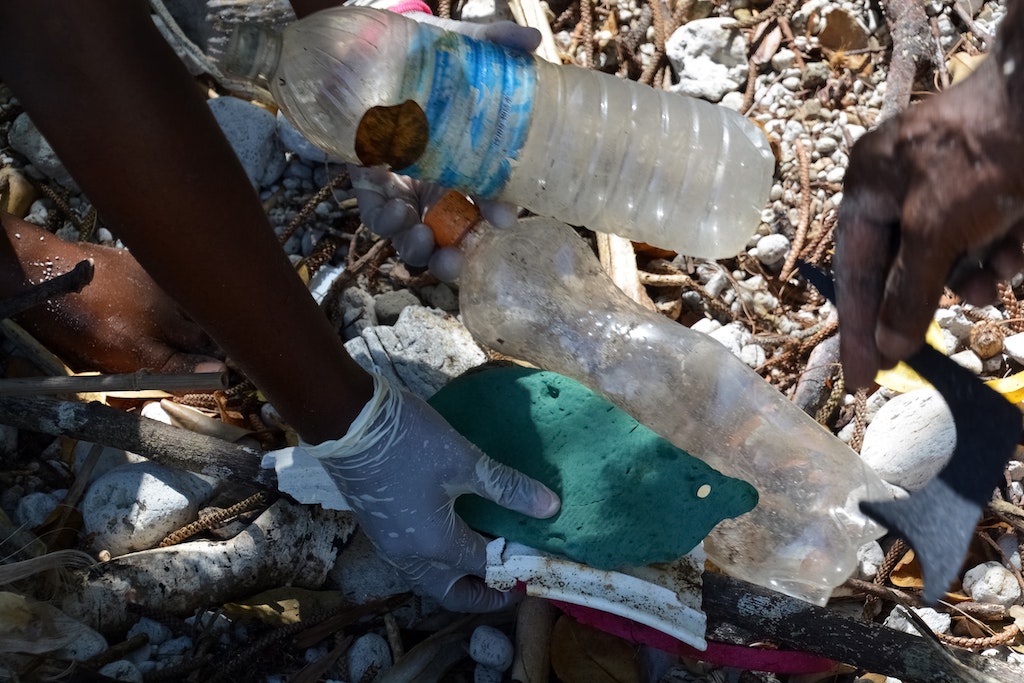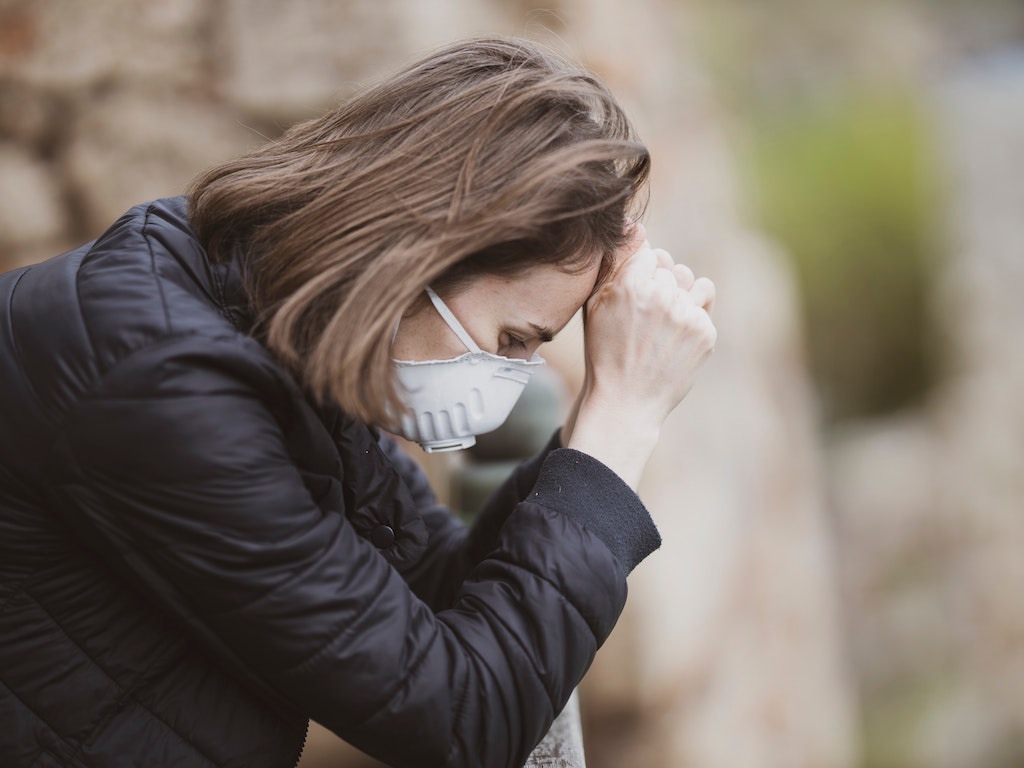3 Mins Read
Plastic pollution in the atmosphere can worsen symptoms of diabetes and allergies, new research has found. The study, which is still ongoing, also revealed how tiny plastic particles released into the air could inflame arthritis and breathing-related diseases.
Researchers have found that plastic pollution could be worsening a number of illnesses, including allergies, diabetes, arthritis and chronic obstructive pulmonary disease (COPD), a group of breathing-related health problems. The preliminary findings of the ongoing Polyrisk study were showcased at the Plastic Health Summit that took place in Amsterdam in late October to highlight the health and environmental risk of the plastic crisis.
Microplastics: a health hazard

During the trial, human tissue exposed to tiny microplastic and nanoplastic particles led to inflammation, establishing a link between plastic pollution in the air and how it could potentially exacerbate symptoms of a range of diseases. It marks the first time a connection has been found specifically between plastic particulates and inflammation.
“These preliminary findings are very concerning. We were always focused on car exhaust and now we’ve realised it’s not only that, it’s also man-made plastic,” said Utrecht University’s Professor Raymond Pieters.
Researchers are especially concerned about the potential health hazards of plastics, which unlike some other forms of pollution, never fully break down. Because of their “forever” nature, plastics could continue to transport bacteria and other toxins in the human body, producing increasingly severe inflammation over time.
“Normally it’s okay, if it’s a bacteria that the immune system can destroy. But if the immune system cannot destroy the particle, which is the case with plastic, then it remains activated,” explained Pieters. “The immune system is a defence system that should not be activated all the time because it’s dangerous.”

Airborne plastic pollution is ‘most concerning’
Pieters went on to share that the team will continue to undertake research to determine the extent to which plastic pollution in the air is dangerous, and at what levels an environment should be deemed unsafe for human health. For now, this is still unclear as the findings are preliminary.
But he noted that the fact that microplastics and nanoplastics in the air does have an impact is a worrying sign, especially because of the channel by which humans are now being exposed—via inhalation, not just through consumption in food or water.
“If you eat it you will probably poo most of it out but inhalation is a different story. There’s only one way in. So what you breathe in, particularly where small particles are concerned, [it] will go down very deep in your lungs and they cannot be eliminated quite as easily as in your intestines. That’s why I’m most worried [about] inhalation.”

‘Findings raise serious concerns’
Commenting on the presentation, Maria Westerbos, director of the Plastic Soup Foundation, the charity organising the conference, said: “These findings raise serious concerns over the impact of plastic on our immune health. It’s frightening to know [that] airborne microplastics, mostly from synthetic clothes and car tires, get into the body, become engulfed by immune cells, and cause significant inflammation.”
Westerbos, along with other experts who convened for the Summit from all over the world, issued a separate warning about the severity of the plastic crisis.
“We only have 9 years left to solve the plastic pollution crisis. Through fragmentation, plastics and their additives enter the veins of the global ecosystems. This has tremendous health repercussions for humans, animals, plants, and the environment.”
“The World Health Organisation should declare it a public health emergency,” she and other experts urged.
All images courtesy of Unsplash.




